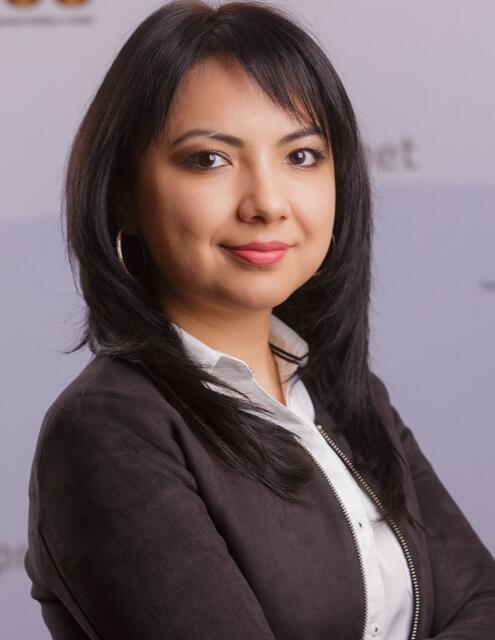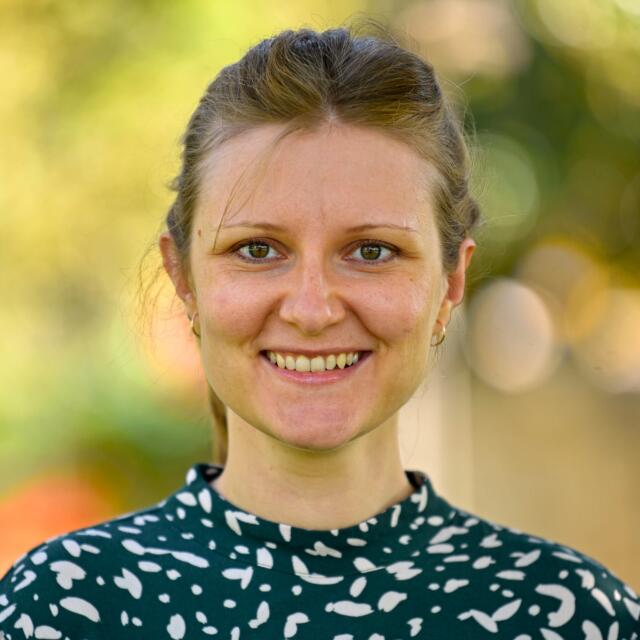

Would you like to boost your opportunities to connect and exchange with colleagues from all over Europe?
Spheres of Influence Uncovered is a three years long, cross-border media project that brings together talented journalists from seven countries across Eurasia.
Our focus is on economic cooperation and geopolitical competition across borders. We look at foreign investment, trade, infrastructure projects, and their wider international context. Our interest is in stories that lie at the intersection between local impact and global relevance.
Discussion of these issues is limited in our seven project countries. We seek to address this gap and strengthen public discourse around these issues by:
Building the capacity of local journalists through online and offline training.
Facilitating quality journalistic coverage on issues related to the focus topic.
Forming a cross-regional network of journalists through offline events and collaboration on cross-border stories.
Spheres of Influence Uncovered is driven by the recognition that Eurasia has entered an era of heightened geopolitical competition. In this context, economic cooperation is a crucial tool, leveraged by competing powers to increase their international standing.
Among our project countries, the main protagonists in this competition are the EU, China, and Russia, although other countries such as Turkey are also striving for greater regional and international influence.
Geopolitical competition between states has always played out in the economic sphere, and this is especially true in an era of globalisation and economic interdependence. Political and commercial objectives are tightly interwoven, but whether leveraged intentionally or not, power flows from economic impact.
Discussion on topics like foreign investment is limited in our seven project countries of Serbia, Montenegro, Bosnia & Herzegovina, North Macedonia, Georgia, Tajikistan, and Uzbekistan. Spheres of Influence Uncovered seeks to address this gap, strengthening public discourse around economic issues of public interest. We do this by:
Building the capacity of local journalists through online and offline training.
We also help to address the information gap by facilitating quality journalistic coverage.
Through collaboration on stories and during events, we are forming a cross-regional network of journalists.
Alongside the topical focus on international economic interactions, the project involves two principal journalistic methods.
Economic literacy and data journalism - Understanding international economic activity can involve complex data and economic indicators. A key aim of the project is to build economic literacy among participant journalists and encourage data-driven stories.
Collaborative journalism - The international scope of the project’s focus makes it particularly suited to interregional collaboration. Topics like Chinese foreign direct investment are best understood through cross-border collaboration and a key focus of this project is to bring journalists from different regions together.
Check out all the participating journalists listed here. This is what brings them together.
See all network members
Journalist and documentary filmmaker
Tbilisi, Georgia

Programme Manager, BIRN
Smederevo, Serbia

Researcher, journalist, JRC-Journalism Resource Center
Tbilisi, Georgia

Contributor, n-ost , American University of Central Asia
Bishkek, Kyrgyzstan

Journalist, Freelance
Sarajevo, Bosnia and Herzegovina

editor in chief, TOK TV
Tbilisi, Georgia

investigative journalist , online analysis editions
Tashkent, Uzbekistan

Investigative and Data Journalist, Freelance
Serbia

Editor, BIRN
Prague, Czech Republic

Journalist, Balkan Investigative Network (BIRN)
Belgrade, Serbia

Journalist, GIPA / Freelance Journalist
Tbilisi, Georgia

Berlin, Germany

Independent Journalist, Freelance (multiple platforms including CABAR.asia, IWPR, The Diplomat)
Uzbekistan

Program & Finance Manager, n-ost
Berlin, Germany